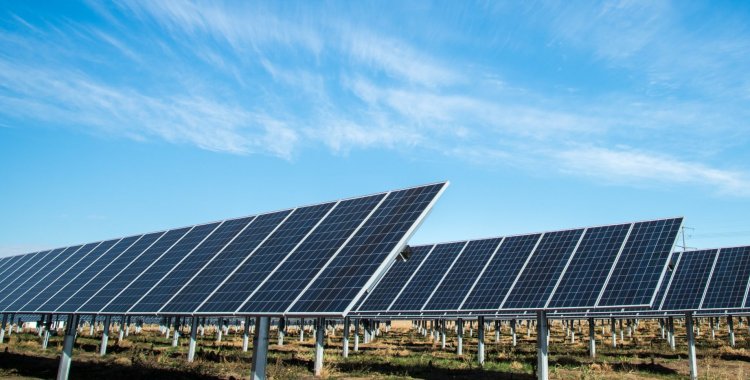In an interview with Lusa, Jean-Paul Adam acknowledged that "the country is an oil producing country that benefits from exports due to the higher price", but warned that "inflation is soaring internally because the cost of energy increases", and hence the need to "make an energy transition that points to a more diversified economy, with many renewable energies".
For the economist, an energy transition in Angola, which focuses on renewables, "will help to stabilize energy prices in the long term, which is very important for economic development" and, on the other hand, will attract investors due to the high returns that investments can generate in these 'green' and 'blue' sectors in the country.
Angola is the second largest oil producer in sub-Saharan Africa, behind Nigeria, with crude accounting for more than 90 percent of exports and around 30 percent of GDP, but has seen production fall in recent years due to a lack of investment by large companies and, on the other hand, to the maturation of large wells.
"Even though the oil sector continues to play a very important role in the economy, the diversification of the energy sector for domestic consumption is very important, and, from the point of view of investors, it is possible to have a very interesting profit on investments in renewable resources, which are necessary in a country like Angola", said Jean-Paul Adam.
In addition to renewable energy, the official also defended that Angola should take advantage of the maritime natural resources and boost the 'blue economy', namely the fisheries sector, giving preference to investments at national level.
"Angola has a huge coastline, and it is in a region with great maritime resources, but most of it is exploited by external interests, and the development of local capacity is one of the areas where substantial investment must be made to reduce the environmental impact", defended the specialist, adding that "the creation of a national fisheries strategy creates many jobs in local communities and has a smaller impact than if the activity is exploited by international fishing companies".
In addition, he continued, "wealth is produced and maintained in the country, and constitutes an opportunity to build a fishing industry in the country through small and medium-sized companies, because the benefits of exploitation carried out by international agents are exported by large companies or countries fisheries".







